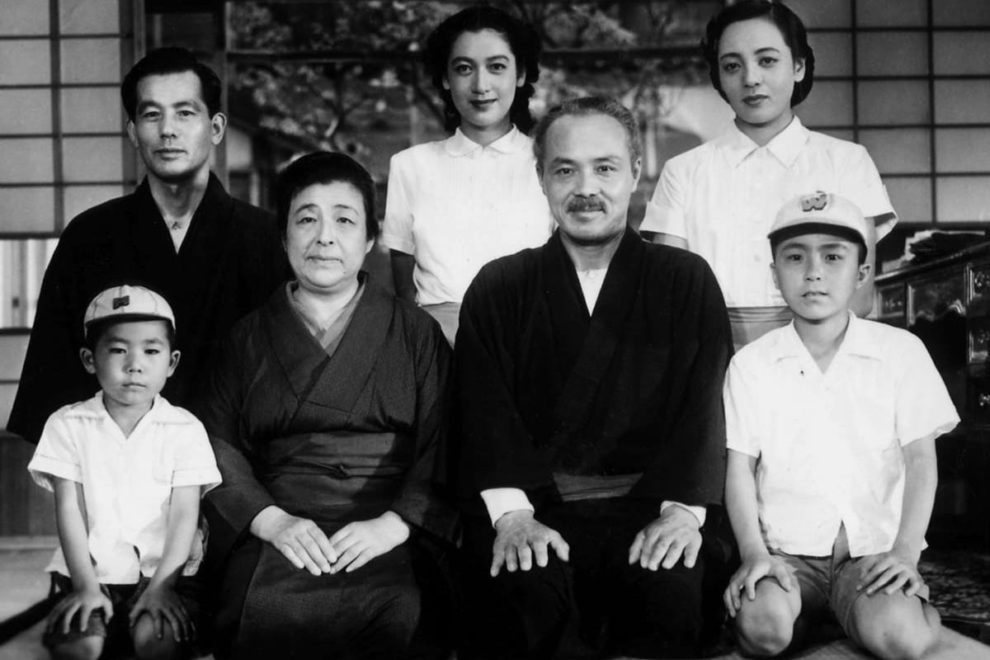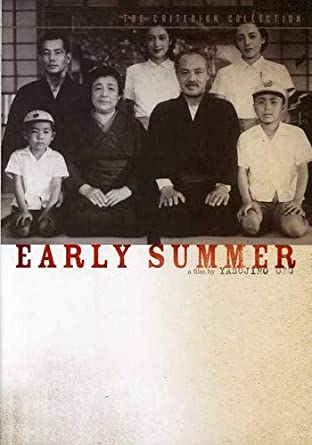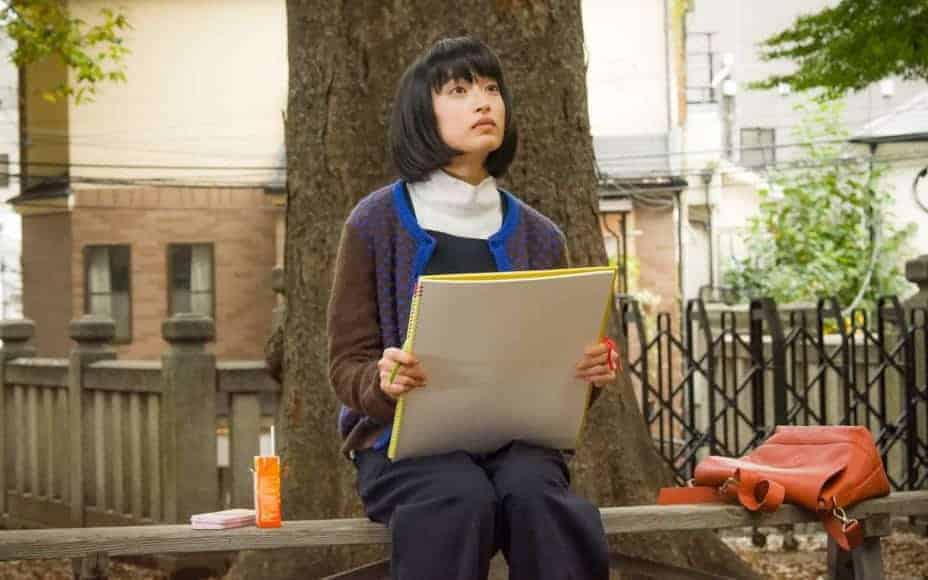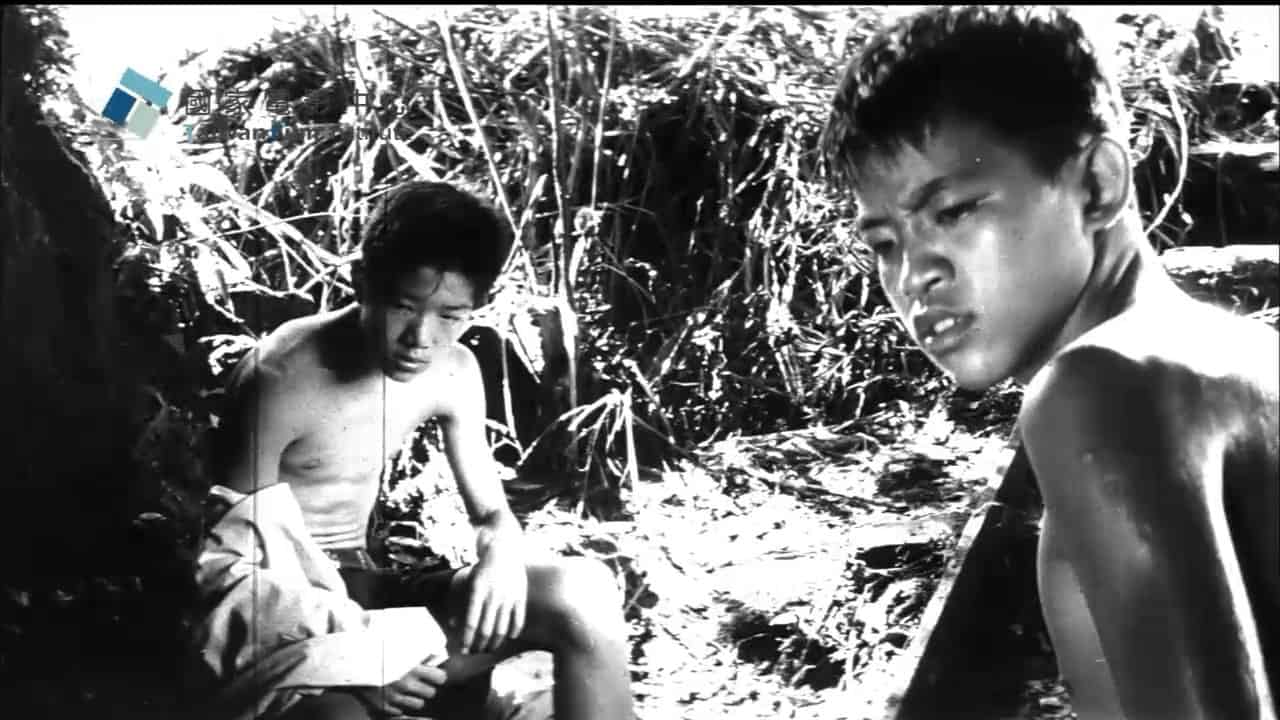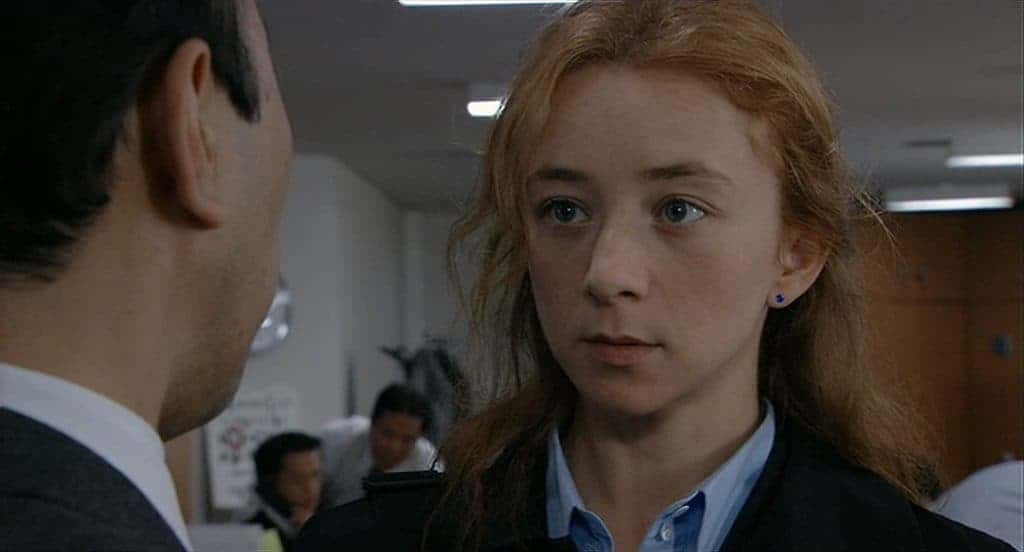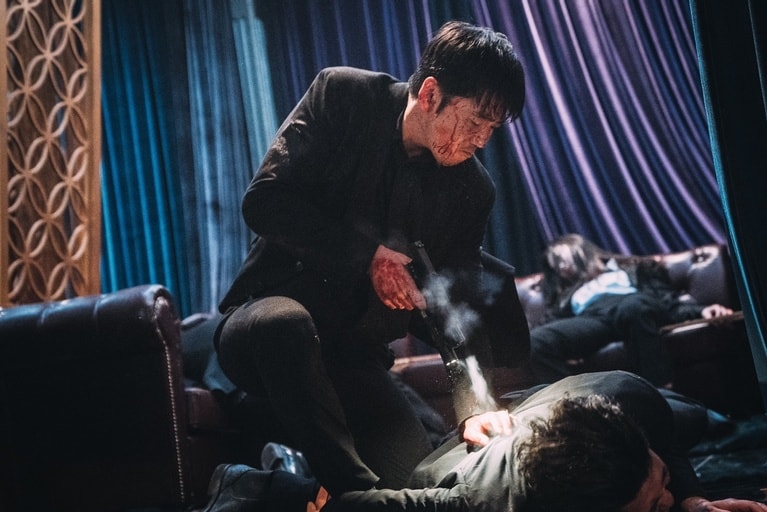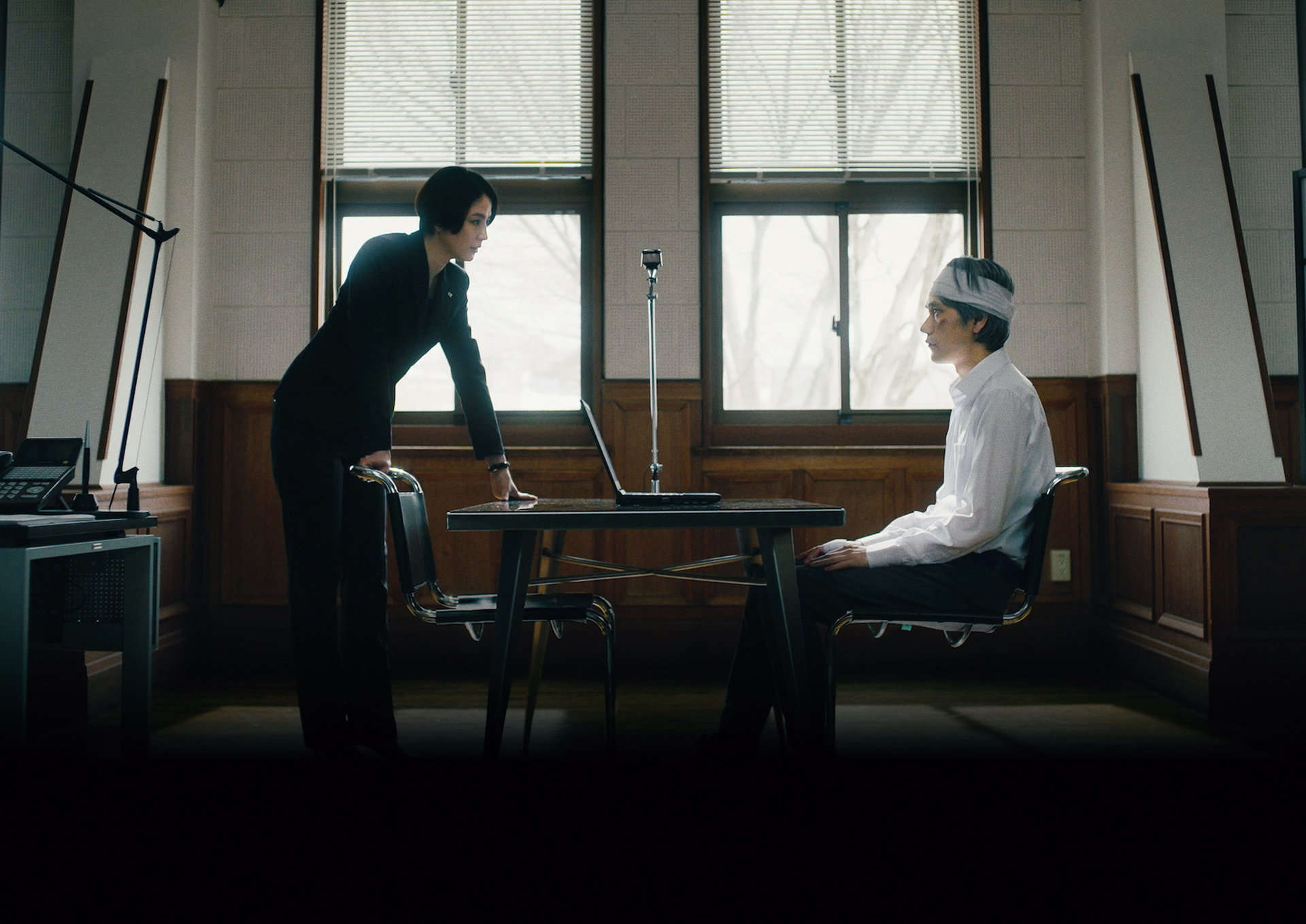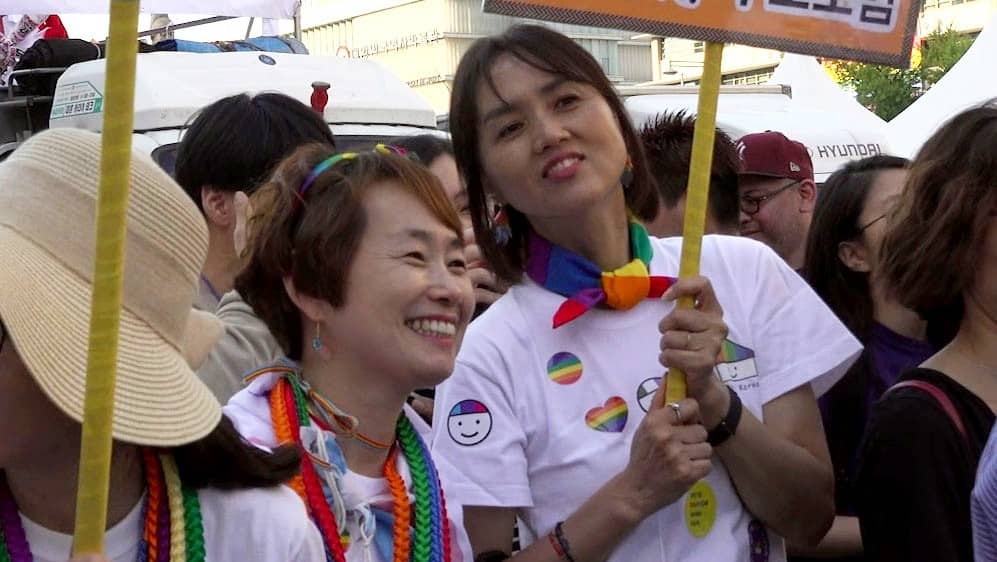Sandwiched between the acclaimed masterpieces “Late Spring” and “Tokyo Story”, “Early Summer” is the middle entry in Yasujiro Ozu's unofficial Noriko trilogy. Released in 1951, the film marked the second collaboration between the Japanese director and actress Setsuko Hara, who would go on to work with the filmmaker four more times. A cheerful addition to Ozu's post-war filmography, the film is nevertheless tinged with the melancholy that one would come to expect from the master director.
Buy This Title
Noriko Mamiya (Setsuko Hara) lives with her parents, brother, sister-in-law and troublesome nephews in her family's Tokyo home. We follow each family member as they go about their daily lives, working, parenting, and socialising. Noriko cares for her parents and meets with friends, who mostly squabble amongst themselves over matters regarding marriage. While indifferent to the idea at first, Noriko soon finds herself staring down an arranged engagement, a proposal that her family encourage her to consider.
“Early Summer” isn't dissimilar from the rest of Ozu's early post-war filmography in the sense that it follows the mundane everyday life of a middle-class Japanese family. Most of the scenarios presented in the film are comprised of the various members of the Mamiya clan chatting amongst one another or with acquaintances about family matters. The melodrama that swamps these conversations is harmless and mostly centred around the subject of Noriko's potential engagement.
Marriage is a recurring sticking point in Ozu's filmography, and it plays a central role once again here as the Mamiya's scheme to have Noriko happily married to a suitable bachelor. By using this engagement plot as a framing device, the director is able to explore the generational differences that were growing out of post-war Japan. Noriko and her family couldn't be further apart on what they consider to be an acceptable betrothal, with their difference of opinion highlighting the emergence of a cultural shift in marital attitudes.
Noriko is presented as a distinctly modern woman who is satisfied working for herself without the need for a husband for security. Everything is decided on her terms, even when those that care about her most disagree. Her independence is most felt during her time with close friend Aya (Chikage Awashima), where the two sing the praises of living a single life.
However, the matter of Noriko's engagement is merely the centrepiece that Ozu uses to focus on what “Early Summer” is really concerned with; the inter-generational relationships formed between the family. Everyone in the Mamiya household is up for examination at some point in the film, whether it be Noriko's parents, who reminisce fondly on their successful life together, or her troublesome yet daring nephews. The relationships in the family's three-generation household are presented candidly as the director's relaxing filmmaking rhythm lulls us into the Mamiya's daily routine.
Becoming so well-acquainted with these individual relationships makes it all the more impactful when the existing family dynamic is threatened in the movies's latter stages. It is in the finale that Ozu hammers home a subtle yet strong message that nothing is meant to last, and that vital periods of our life can be over in a flash. Through the melancholic ending, the director manages to perfectly encapsulate the importance of living in the now and that everything occurring in the current moment is all that matters, because one day, it will be over.
As previously mentioned, this is the second feature that Ozu worked on with Setsuko Hara. The iconic Japanese actress' performance conveys Noriko's confident and care-free attitude effortlessly as she is a beacon of optimism in nearly every scene in which she appears. Also returning to work with Ozu is long-time collaborator Chishu Ryu, who departs from the gentle figure he usually depicts to play the far sterner and more domineering elder Mamiya sibling, Koichi. The cast overall consists of a fantastic ensemble, with all the actors giving subtle and honest performances to present a believable family unit.
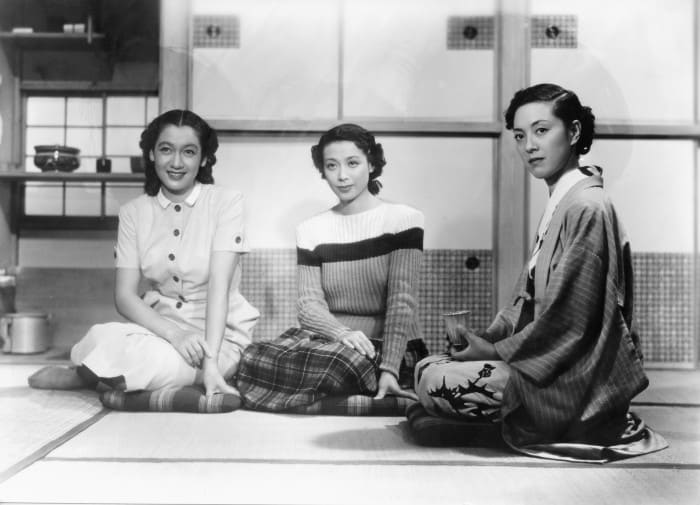
Ozu is well-known for the motionless, low-level camera set-ups he utilised for much of his career, and the same can be found here for the majority of “Early Summer”. The director presents frames within frames through the use of doorways, offering his lens as a private window through which we can become immersed in the lives of the Mamiyas. This intimate approach is supplemented by close-ups that make the actors appear to address the audience directly, allowing for further human connection that is integral to your attachment to their characters.
There are, however, occasions upon which we burst free from the confined interiors of suburban homes, as the director's famous pillow shots show off the beautiful Tokyo landscape. Never one to rush with pacing, Ozu is comfortable letting these shots linger, allowing us to absorb everything that has transpired. A grand beach trip with Noriko and her sister-in-law, Fumiko (Kuniko Miyake), also marks one of the more visually lush scenes, as well as a rare instance in which the camera actually moves.
A moving and intimate portrait of an inter-generational household in post-war Japan, “Early Summer” is another stellar piece of filmmaking from the master that is Yasujiro Ozu. While a typically melancholic dive into the inevitability of change in one's life, the feature is tinged with a cheerful light-heartedness that makes it a joy to watch. The director's exceptional ability to tap into universal feelings makes the film an enduring classic that can be appreciated by all.


